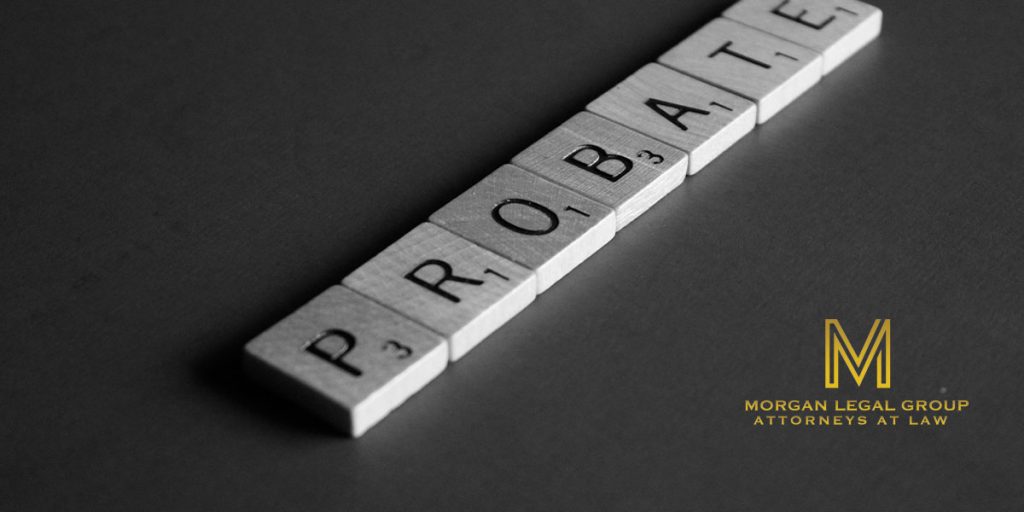Types of Probate in New York
If you’re dealing with the passing of a loved one and the distribution of their assets, you may come across the term “probate.” Probate is the legal process of settling a deceased person’s estate, ensuring their debts are paid, and their assets are transferred to beneficiaries. However, New York has different types of probate, each with its own rules, procedures, and implications.
Chapter 1: Understanding Probate in New York
In New York, probate generally involves:
1.1 Surrogate’s Court
The Surrogate’s Court handles probate matters and ensures that the deceased person’s wishes are respected.
1.2 Executor’s Role
An executor manages the deceased person’s estate, including identifying assets, paying debts, and distributing assets to beneficiaries.
Chapter 2: Different Types of Probate
There are various types of probate proceedings in New York:
2.1 Informal Probate
Informal probate is a simplified process used if the deceased person’s will is uncontested. It involves proving the validity of the will and appointing an executor.
2.2 Formal Probate
Formal probate is used when concerns about the will’s validity or disputes arise. The court closely oversees the process, and interested parties have the opportunity to contest the will.
2.3 Ancillary Probate
Ancillary probate is required when the deceased person owns property in multiple states. It ensures that the out-of-state property is correctly transferred to beneficiaries.
Chapter 3: The Probate Process
The probate process involves several key steps:
3.1 Filing the Will
The will is submitted to the Surrogate’s Court, and the court determines its validity.
3.2 Appointing an Executor
The court appoints an executor to oversee the estate administration if the will is valid.
3.3 Inventory and Appraisal
The executor identifies and values the assets in the estate.
3.4 Paying Debts and Taxes
Debts, taxes, and other expenses are paid from the estate’s assets.
3.5 Distributing Assets
Once debts are settled, the remaining assets are distributed to beneficiaries according to the will.
Chapter 4: Seeking Legal Guidance
Given the complexities of probate, seeking legal assistance is advisable:
4.1 Expert Advice
An experienced probate attorney can guide the appropriate type of probate for your situation and ensure a smooth process.
4.2 Minimizing Disputes
A knowledgeable attorney can help prevent or resolve disputes during probate proceedings.
Conclusion
The probate process in New York involves various proceedings, each catering to different circumstances. At Morgan Legal Group PLLP, we understand the complexities of probate and offer expert legal assistance to guide you through the process. Contact us to learn more about the different types of probate and how we can assist you in ensuring a seamless transition of assets and honoring your loved one’s wishes.




